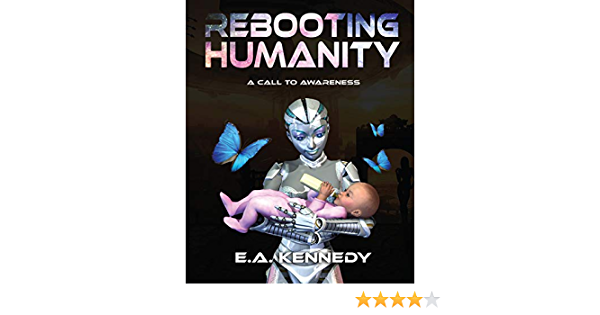
July 11, 2021, British billionaire entrepreneur, Richard Branson, went to space – his epic voyage watched by 500 people on the ground and countless numbers watching on Livestream.
It did not go unnoticed that one of the people on the ground supporting Branson and his long-awaited adventure was fellow billionaire entrepreneur and would-be astronaut, Elon Musk.
Interesting enough as an event. But here is where it gets to be fascinating.
Both men have long held dreams to go to space. And both have, arguably, enough challenges on the ground to make a bid for a place in space even more questionable. Richard Branson admits to being dyslexic*. Elon Musk declares he is autistic** Definitions of these conditions are in the footnotes below.
Bottom line: these two individuals are recognized as being different.
But here is where the difference starts to make a difference and render them remarkable.
Their mothers.
Both mothers are/were formidable women. Formidable human beings. Different. Remarkable.
Both mothers recognized that their children had what society would deem ‘disabilities’, but instead of sheltering them from life, these amazing mothers projected their children into far-flung visions of capability.
Before he took off on his latest adventure into space, Richard Branson reportedly penned a letter to his mother, Eve – deemed his inspiration – where he wrote: ‘Before the word existed, you were an ‘entrepreneur’.’ Little wonder that he named the mother ship of his latest voyage ‘Eve’ as a tribute to his late mother.
Elon Musk is similarly devoted to the inspiration of his mother, Maye. He credits her for instilling into him the value of independence, entrepreneurship, resourcefulness, and fearlessness.
Bottom line for both entrepreneurs: their mothers had an attitude of fearlessness and they imbued this into their children.
I tend to believe that for both remarkable men, it is their fearlessness that triggers the genius of their difference to catapult them into the realms of the unknown – and into space. Their triumph is a triumph over adversity – dyslexia and autism – and their triumph over fear.
The question then is: How can we use their transcendence – efforts and success – to move forward as a global society?
Clearly, we must overcome our inherited societal fear of being judged as ‘different’.
Sometimes our fear is related to personal specifics, such as how to help our children navigate the local neighborhood and then the wider world. And how to survive an economic downturn or a pandemic. But other times, our fear is stoked by elements outside of ourselves that are totally irrelevant to our personal situation and that would not have any impact if we just recognized our own inherent personal power.
My conclusion: If you are a mother, imbue your children with self-confidence – the confidence to go beyond what is ‘reasonable’.
If you are not a mother, cultivate a ‘Mothership attitude’. Imbue yourself and everyone around you with a sense of personal and collective power. That being:
- The power to take charge of our lives.
- The power to use our differences to make a difference.
- The power to change the world for the better – one starship/person at a time.
It is our call how this all works out.
What will you do to make your personal difference? Read my book to get some more perspective. https://lnkd.in/eNxCxzs
Definitions: According to experts, dyslexia is ‘a type of specific learning difficulty identifiable as a developmental difficulty of language learning and cognition. It is a learning difficulty that primarily affects the skills involved in accurate and fluent word reading and spelling. Characteristic features of dyslexia are difficulties in phonological awareness, verbal memory, and processing speed. Co-occurring difficulties may be seen in aspects of language, motor co-ordination, mental calculation, concentration, and personal organization, but these are not, by themselves, markers of dyslexia.’
‘Autism spectrum disorder (ASD) is a developmental disability that can cause significant social, communication and behavioral challenges. There is often nothing about how people with ASD look that sets them apart from other people, but people with ASD may communicate, interact, behave, and learn in ways that are different from most other people. The learning, thinking, and problem-solving abilities of people with ASD can range from gifted to severely challenged. Some people with ASD need a lot of help in their daily lives; others need less.’

